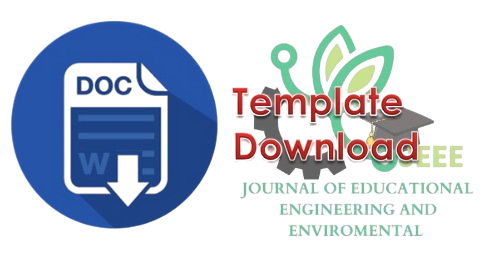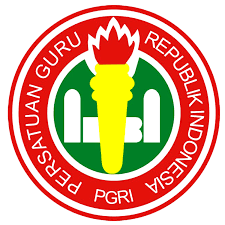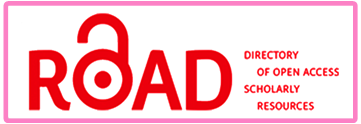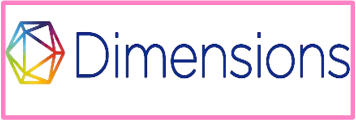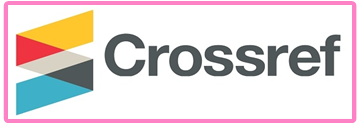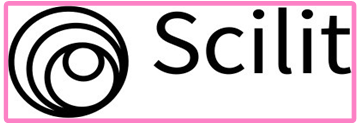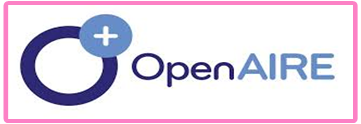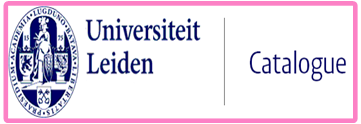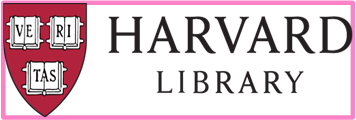Publication Ethics
| PUBLICATION ETHICS |
Publication decision
The editorial board of the journal is responsible for deciding the articles to be published. Editors may be guided by the policies of the journal's editorial board and limited by legal requirements such as defamation, copyright infringement, and plagiarism. Editors can negotiate and discuss with other editors or reviewers in making this decision.
Fair play
An editor always evaluates the manuscript of an article for their intellectual content without regard to the author's race, gender, sexual orientation, religious beliefs, ethnic origin, nationality, or political philosophy.
Concealment
Editors and editorial staff may not disclose any information about the submitted manuscript to anyone other than the appropriate author, reviewer, prospective reviewer, editorial advisor, and publisher, as appropriate.
Disclosure and conflict of interest
Material that is not published but mentioned in submitted manuscripts may not be used in a personal research editor without the written consent of the author.
Risk and Man or Animal as Subject:
If the study uses chemicals, procedures, or equipment that are at high risk of use, the authors should mention them in the manuscript of the report.
Fundamental errors in the published work: When the author finds significant errors or inaccuracies in the published work, the author is obliged to immediately notify the journal or publisher-editor and work with the editor to retract or correct the work.
Fundamental errors in published works
When the author finds significant errors or inaccuracies in the published work, the author is obliged to immediately notify the journal or publisher-editor and work with the editor to retract or correct the work.
Duties of the Reviewer
Contribution to Editorial Decisions
Peer review assists editors in making editorial decisions and through editorial communication with authors can also assist authors in improving papers.
Accuracy:
Any reviewer who is selected but feels unqualified to review the research reported in the manuscript or knows that a speedy review is impossible should then notify the editor and excuse himself from the review process.
Concealment
Any manuscript accepted for review should be treated as a confidential document. They may not be shown or discussed with anyone else except as permitted by the editor.
Standards of Objectivity Review
The review should be conducted objectively. The author's personal criticism is inappropriate. Reviewers should express their views clearly with supporting arguments.
Source Recognition
Reviewers should identify relevant published works that have not been cited by the author. Any statement that an observation, derivation, or argument has been previously reported must be accompanied by a relevant citation. A reviewer should also call the editor's attention to any substantial similarities or overlaps between the manuscript under consideration and other published papers for which they have personal knowledge.
Disclosure and Conflict of Interest
Preferential information or ideas obtained through peer review should be kept confidential and not used for personal gain. Reviewers should not consider manuscripts that have a conflict of interest resulting from a competitive, collaborative, or other relationship or relationship with the author, company, or institution associated with the paper.
Author's Duties
Reporting standards
The author of the original research report should present an accurate report on the work done as well as an objective discussion of its significance. The underlying data must be accurately represented in the paper. A paper must contain sufficient details and references to allow others to replicate the work. Fraudulent or deliberately inaccurate statements constitute unethical and unacceptable behavior.
Originality and Plagiarism
Authors must ensure that they have written a completely original work, and if the author has used someone else's work and/or words that this has been appropriately cited or cited.
Dual, Redundant or Concurrent Publication
An author should not generally publish a manuscript describing essentially the same research in more than one journal or major publication. Submitting the same manuscript to more than one journal simultaneously is unethical and unacceptable publishing behavior.
Source Recognition
Proper recognition of the work of others should always be given. The author must cite publications that have been influential in determining the nature of the reported work.
Paper Authorship
Authorship should be limited to those who have made a significant contribution to the conception, design, execution, or interpretation of the reported study. All persons who have made significant contributions should be listed as co-authors. If anyone else has participated in a particular substantive aspect of the research project, they must be recognized or listed as contributors
Appropriate authors must ensure that all appropriate co-authors and no inappropriate co-authors are included in the paper, and that all co-authors have seen and approved the final version of the paper and have approved its submission for publication.
Disclosure and Conflict of Interest
All authors must disclose in their manuscripts any other financial or substantive conflicts of interest that may be construed to affect the outcome or interpretation of their manuscripts. All sources of financial support for the project must be disclosed.
Fundamental errors in published works
When an author finds significant errors or inaccuracies in his or her own published work, it is the author's obligation to promptly notify the journal editor or publisher and cooperate with the editor to retract or correct the paper.
Editor's Duties
Fair Play:
Editors always evaluate the intellectual content of a manuscript regardless of the author's race, gender, sexual orientation, religious beliefs, ethnicity, nationality, or political philosophy.
Confidentiality:
Editors and editorial staff are prohibited from disclosing any information about the submitted manuscript to anyone other than prospective writers, reviewers, reviewers, editorial advisors, and publishers.
Disclosure and Conflict of Interest:
Material that is not published but mentioned in submitted manuscripts may not be used in a personal research editor without the written consent of the author.
Publication Decisions:
The editorial board of the journal is responsible for deciding the articles to be published. Editors may be guided by the policies of the journal's editorial board and limited by legal provisions such as defamation, copyright infringement, and plagiarism. Editors can negotiate with other editors or reviewers in making this decision.
Review of Manuscripts:
Editors should ensure that any preliminary manuscripts have been evaluated by editors for originality. Editors should manage and use peer review fairly and wisely. Editors should explain the peer review process in informing the author and indicate which parts of the journal are being reviewed. Editors should use appropriate peer reviewers for publication manuscripts by selecting people with sufficient expertise and avoiding people with conflicts of interest.


